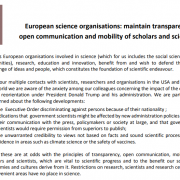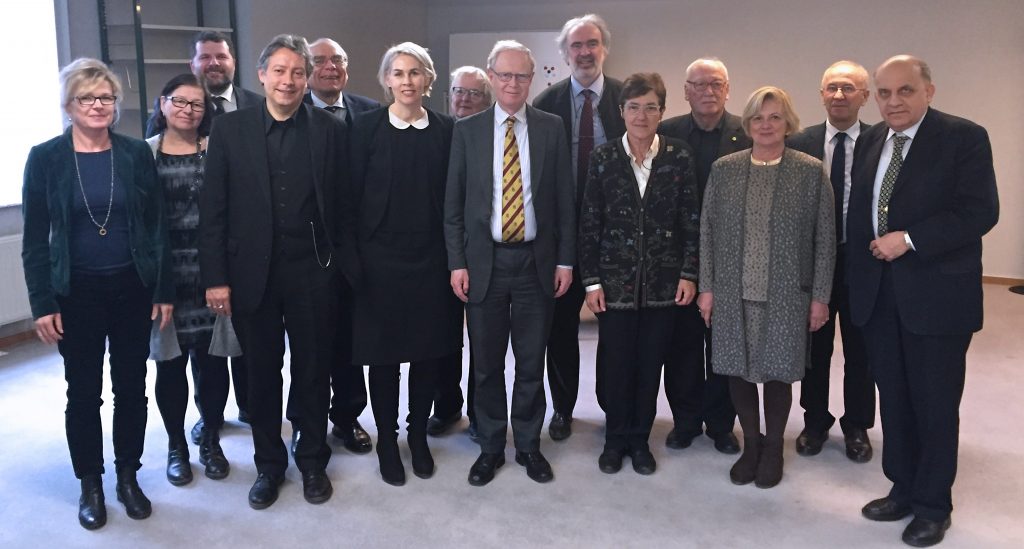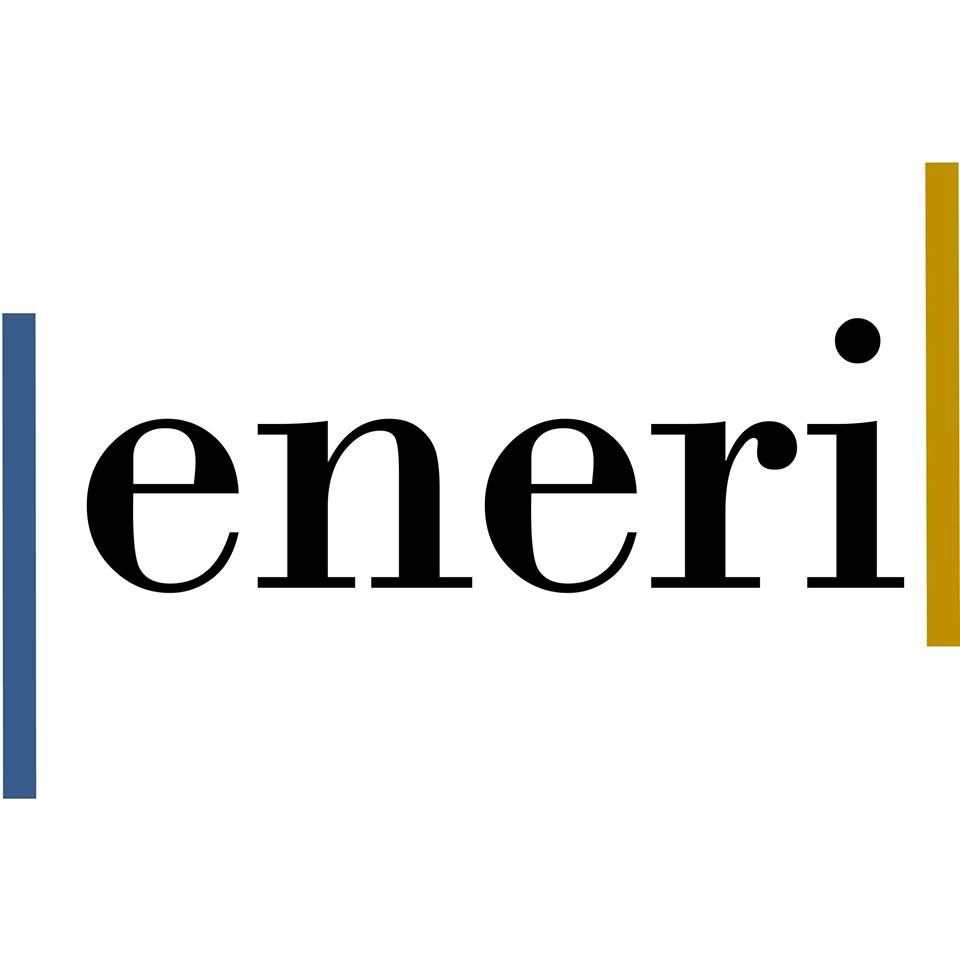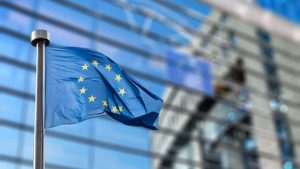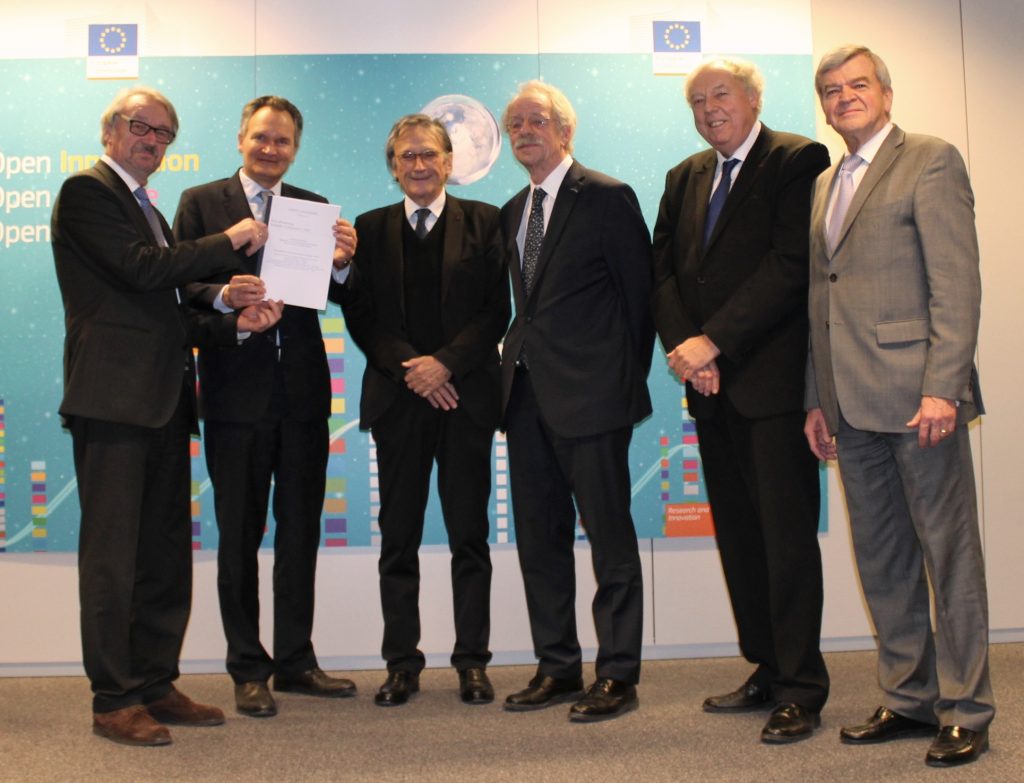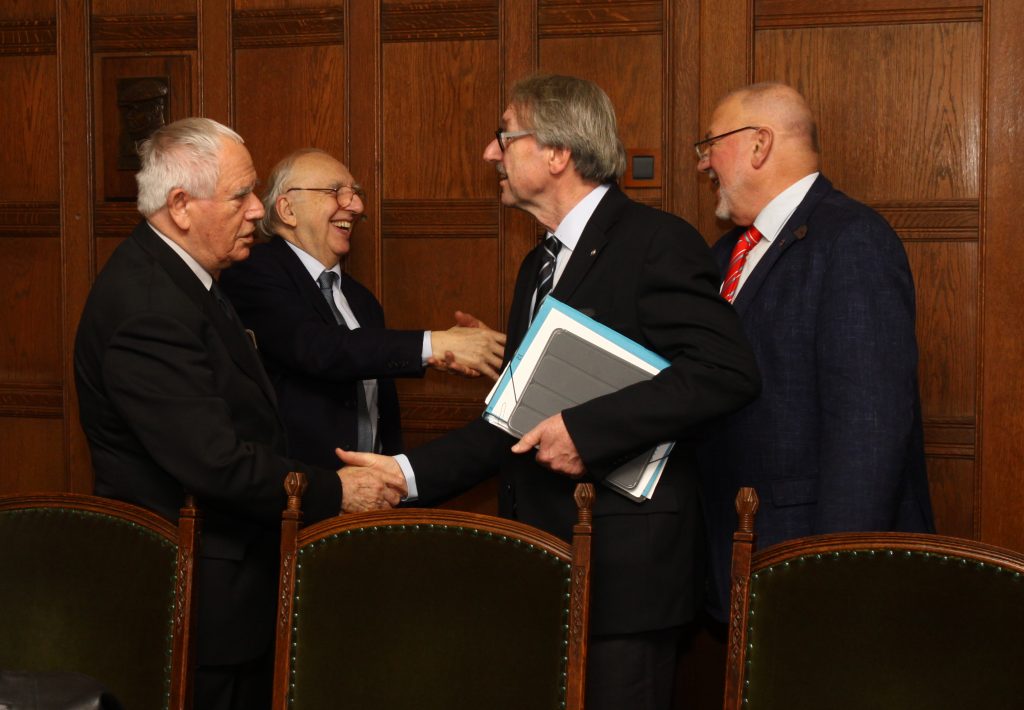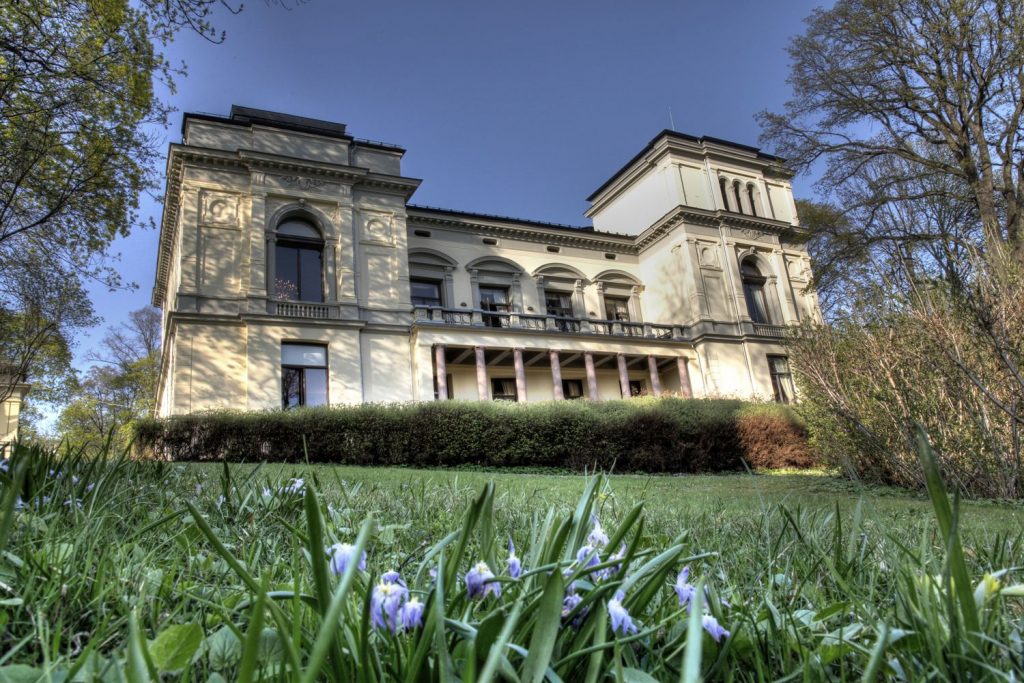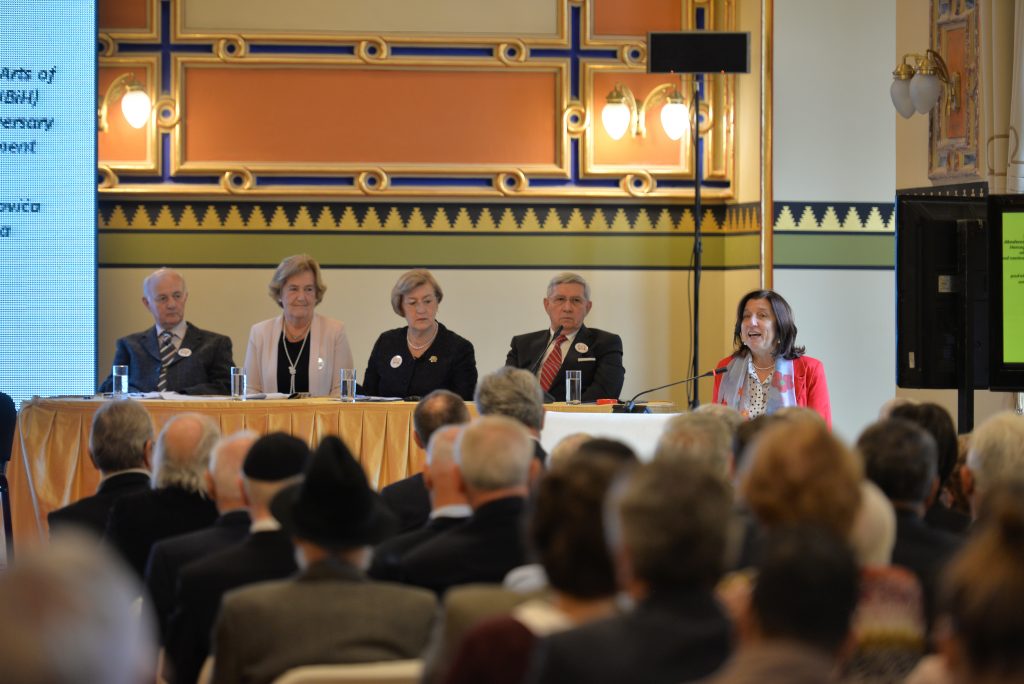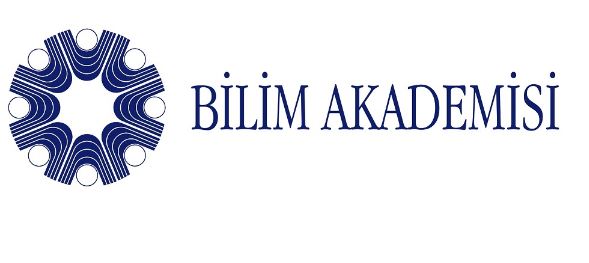ALLEA Permanent Working Group Intellectual Property Rights sets out its roadmap for 2017
The ALLEA Permanent Working Group Intellectual Property Rights met in Munich at the Max Planck Institute for Innovation and Competition on 24 February to plan its roadmap for 2017 and to discuss the most pressing developments relevant for science and research in the field of intellectual property rights, including topics such as Human Embryonic Stem Cells (HESC), “Big Data” and scientific publications, among others.
In its first meeting of the year, the Group set its priorities and agreed to focus future activities on deliberating and producing statements on the patentability of Human Embryonic Stem Cells (HESC) (see below for related previous statements), the patenting of products of essentially biological processes, the inventorship of multinational inventions, and the European Commission’s proposal for a directive on copyright in the Digital Single Market.
Furthermore, the experts will continue monitoring the latest developments on “Open Access”, taking into account the complex negotiations between the publisher Elsevier and several German scientific institutions, as well as the case law of the European Court of Justice (ECJ) concerning the linking and making available of contents on the Internet. The Group has published a series of statements on Open Access scientific publishing in the past, including “Enhancement of Open Access to scientific publications in Europe”, as well as a follow-up statement and a supplementary statement (see below for download).
In the meeting, Professor Carlo D’Adda on behalf of the ALLEA Board also informed the participants about the recent developments concerning ALLEA’s involvement in the EU funded project SAPEA (Science Advice for Policy by European Academies), which brings together the five European academy networks to work within the EU’s Scientific Advice Mechanism (SAM) and contributes to this new innovative scientific advice system in the provision of science advice to the European Commission.
ALLEA’s Permanent Working Group Intellectual Property Rights is chaired by Professor Joseph Straus, Director Emeritus of the Max Planck Institute for Innovation and Competition. The expert group regularly issues reflections, declarations and recommendations on the most challenging topics of patents and copyrights. Most recently, it has published a Statement on the Patent-Related Aspects of CRISPR-Cas Technology.
Published statements on related topics:
Open Access
- Enhancement of Open Access to scientific publications in Europe
- Follow-Up Statement: Open Access to scientific publications in Europe
- Supplementary Statement on Enhancement of Open Access to scientific publications in Europe
Human Embryonic Stem Cells (HESC)
- ALLEA Statement on Patentability and Research Funding relating to embryonic Stem Cells (e-SCs)
- ALLEA Statement on Patentability of Inventions Involving Human Embryonic Pluripotent Stem Cells in Europe of May 2011 and the Judgment of the Court of European Communities (Grand Chamber) of 18 October 2011 in Case C-34/10
- ALLEA Statement on Patenting of Inventions Involving Human Embryonic Pluripotent Stem Cells in Europe, 13 May 2011, Amsterdam

